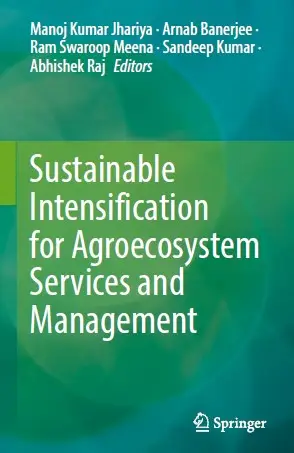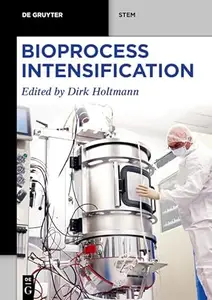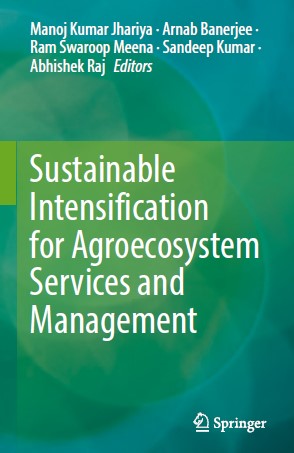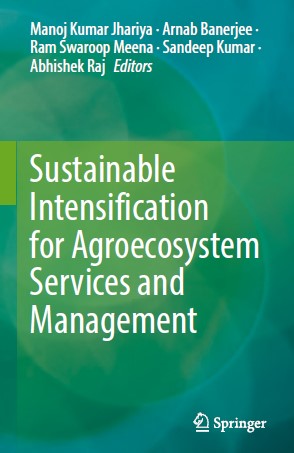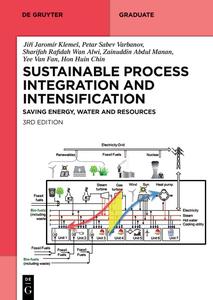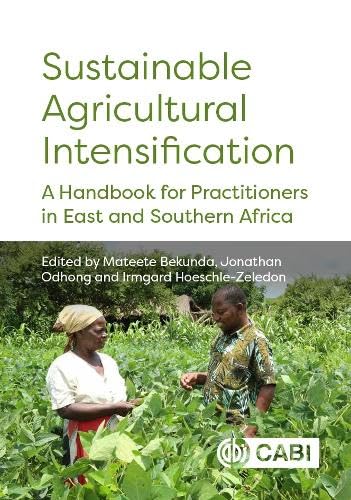 Free Download Sustainable Agricultural Intensification: A Handbook for Practitioners in East and Southern Africa by Mateete Bekunda, Jonathan Odhong, Irmgard Hoeschle-Zeledon
Free Download Sustainable Agricultural Intensification: A Handbook for Practitioners in East and Southern Africa by Mateete Bekunda, Jonathan Odhong, Irmgard Hoeschle-Zeledon
English | EPUB (True) | 2022 | 183 Pages | ISBN : 1800621604 | 6.7 MB
This book provides an insight into the background, lessons learned, and the methodology of facilitating the application of best-bet/best-fit agricultural technologies to smallholder farms in East and Southern Africa (ESA). All technologies highlighted within this book, except those on livestock feeding, were trialed and demonstrated in farmers’ fields over an eight-year period [2012 – 2020] as part of the Feed the Future/USAID funded research-for-development Africa RISING ESA Project and supported by the CGIAR. The livestock feed technologies were compiled from Eastern Africa literature and included to offer a full set of technologies relevant for farmers in mixed farming systems. Topics covered include the introduction of resilient and nutrient-dense crops, better arrangement of crops in the field to amplify intercrop benefits, and the management of soils to improve soil fertility and minimize physical soil and nutrient loss. The publication also features technologies for postharvest loss reduction, livestock feeding, food processing, and in the later chapters, important expositions on how multiple technologies can be creatively integrated in a farming system and how key products of research can be taken to scale. In the first chapter and throughout the handbook, the importance of taking gender dynamics into account to ensure technologies produce equitable outcomes is emphasized. This book: provides evidence-based descriptions of sustainable agricultural intensification technologies that have been validated iteratively with smallholder farmers; a convenient, easy-to-read, and science-based ‘how-to’ guide for successful deployment of improved agricultural technologies that will ensure readers from development/scaling agencies save time and resources for research trials and instead focus on technology deployment; gives evidence of how building research and development partnerships can be a critical element for successful delivery and scaling up of agricultural technologies. The book is aimed primarily at development practitioners who seek new competences in taking new technologies to scale. However, the breadth of topics covered makes this book an essential resource for agricultural scientists as well as university and college students aspiring to apply systems thinking in future agricultural research and development work.
(more…)
